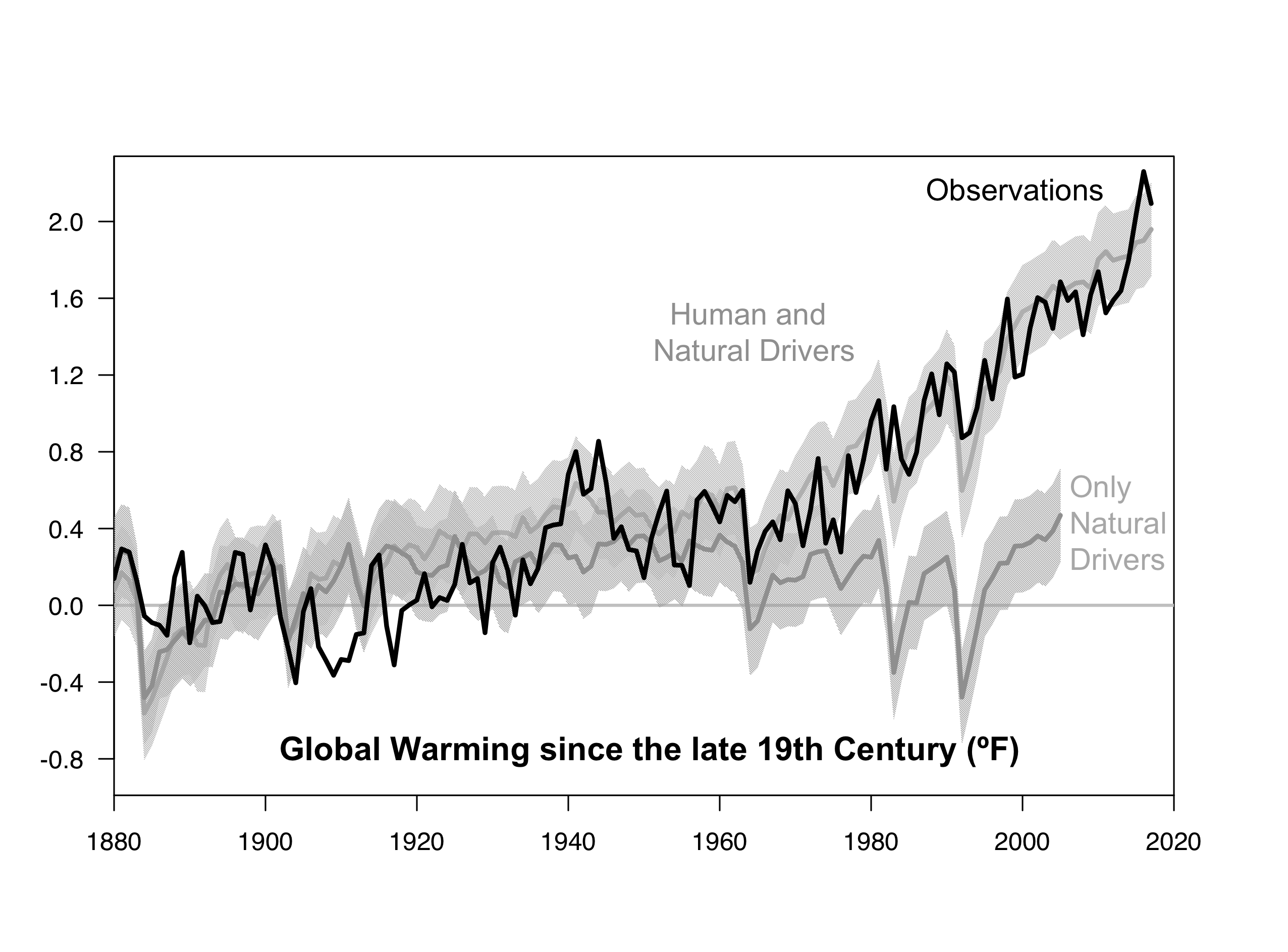Back in February 2017, I wrote about the tediously predictable arc of criticisms of the Karl et al (2015) paper, and in particular the comments of John Bates at Judith Curry’s blog.
an initial claim of imperfection spiced up with insinuations of misconduct, coordination with a breathless hyping of the initial claim with ridiculous supposed implications, some sensible responses refuting the initial specific claims and demolishing the wilder extrapolations. Unable to defend the nonsense clarifications are made that the initial claim wasn’t about misconduct but merely about ‘process’ (for who can argue against better processes?). Meanwhile the misconduct and data falsification claims escape into the wild, get more exaggerated and lose all connection to any actual substance.
The outcome was easy to predict:
the issues of ‘process’ will be lost in the noise, the fake overreaction will dominate the wider conversation and become an alternative fact to be regurgitated in twitter threads and blog comments for years, the originators of the issue may or may not walk back the many mis-statements they and others made but will lose credibility in any case, mainstream scientists will just see it as hyper-partisan noise and ignore it, no papers will be redacted, no science will change, and the actual point (one presumes) of the ‘process’ complaint (to encourage better archiving practices) gets set back because it’s associated with such obvious nonsense.
But I missed out the very final outcome which I should have been able to predict too: a report, commissioned from learned experts, who spent months poring over the details (including more than 600,000 emails!) and in the end, concluding there was nothing significantly wrong in anything Karl et al did.
That report has now been made public. [Update: apparently this happened in December]
In it the authors make some sensible recommendations to clean up the thicket of conflicting requirements at NOAA for publishing science papers, they spot one mistake made by Karl et al (submitting to Science the day before the NOAA internal review was officially completed), but overall find no substance to the allegations of “thumbs on the scale”, no improper interference by politicians, no rush to publish to influence political discussions, no data tampering, no missing archives. Nothing.
But there is one curious revelation. It turns out that the person in charge of the NOAA internal review about which John Bates was so concerned was…. John Bates!
And even more curiously:
“The MITRE Committee learned that the internal review, later criticized by Bates, was conducted and approved under his own authority. The MITRE Committee found no evidence that Bates ever mentioned this fact in his blog, email, or anywhere else in his discussion of the matter in public.”
Did he mention this to David Rose or Judith Curry in private perhaps? If so, you’d think that they would have publically said so. If not, it adds one more misrepresentation to the pile.
What a colossal and counter-productive waste of everyone’s time.
References
- T.R. Karl, A. Arguez, B. Huang, J.H. Lawrimore, J.R. McMahon, M.J. Menne, T.C. Peterson, R.S. Vose, and H. Zhang, "Possible artifacts of data biases in the recent global surface warming hiatus", Science, vol. 348, pp. 1469-1472, 2015. http://dx.doi.org/10.1126/science.aaa5632
 In possibly the biggest “Friday night news dump” in climate report history, the long awaited
In possibly the biggest “Friday night news dump” in climate report history, the long awaited 
